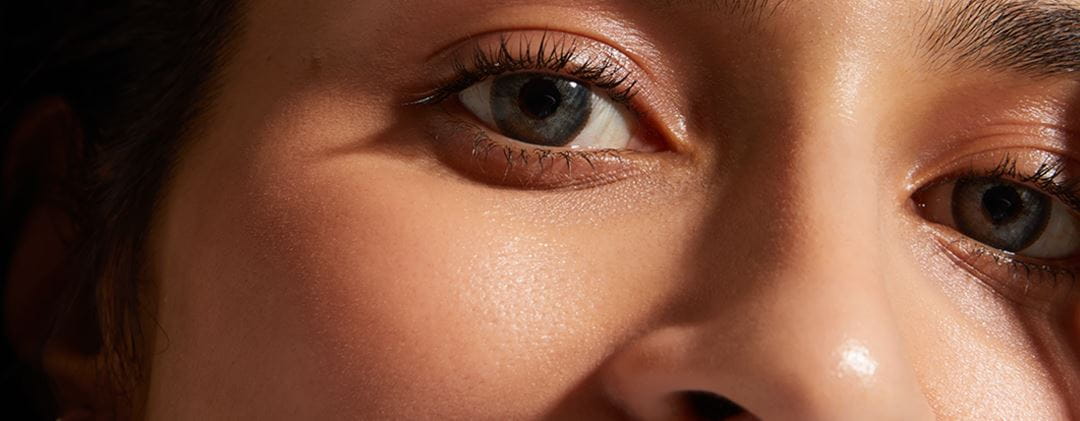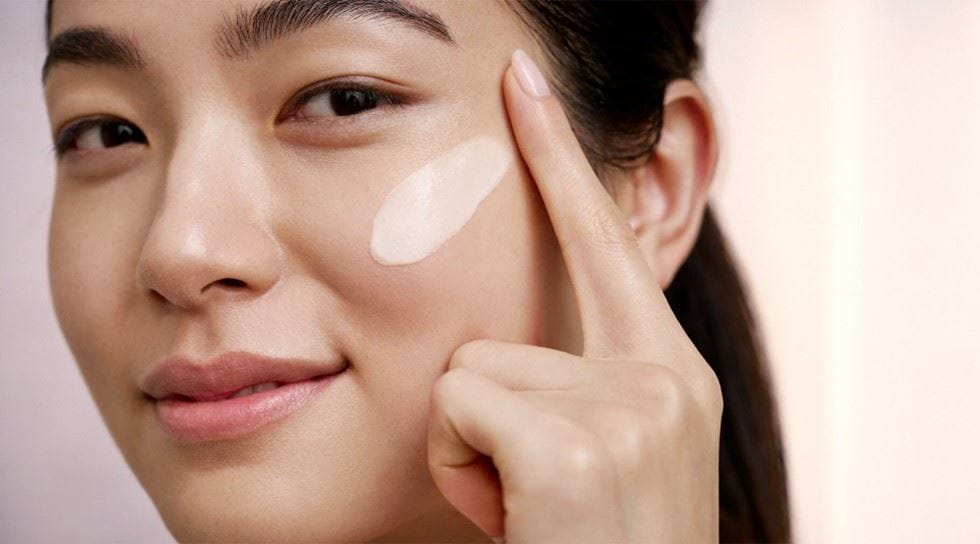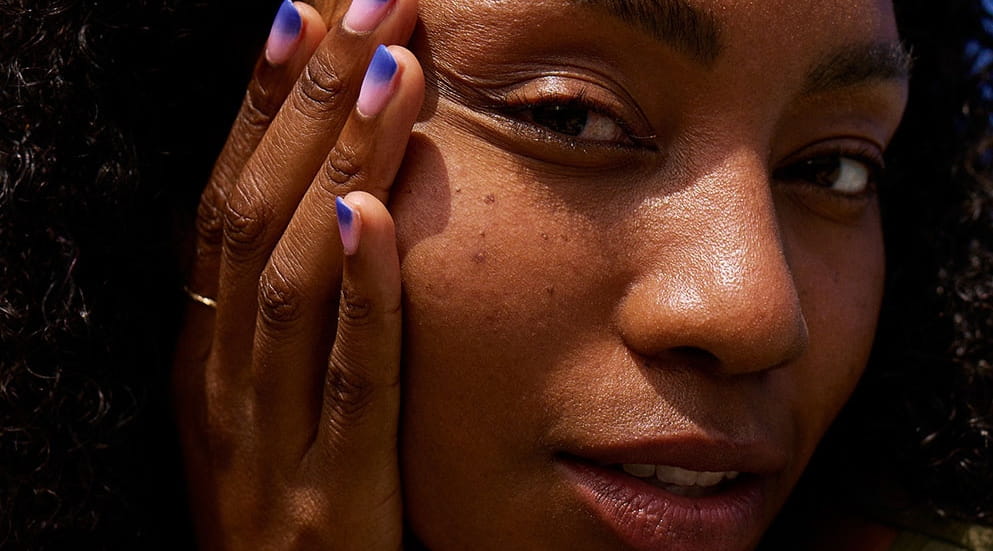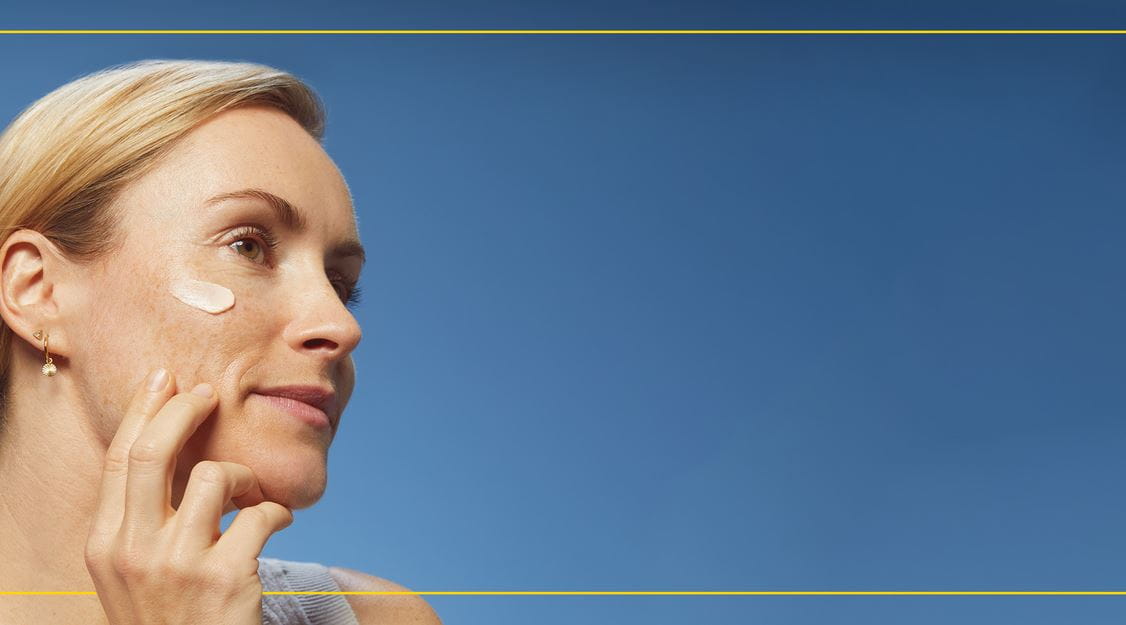
Why do dark circles under the eyes occur and how to treat them
Circles are beautiful, however, not when they are dark and under your eyes! No one is really safe when it comes to dark circles under the eyes. However, you can be prepared and learn how to remove dark circles under the eyes permanently. This way you need not worry about being underconfident and conscious about your appearance.
It can strike anyone, at any age and with any skin type, no bar. These dreadful spheres can make you look fatigued and even lower your confidence. Although dark circles are harmless and don’t suggest any health issues, they are better done away with. This guide will help you understand the different types of dark circles. You will also learn how to get rid of dark circles under the eyes and how to cure bags under eyes for a more glowing skin.



